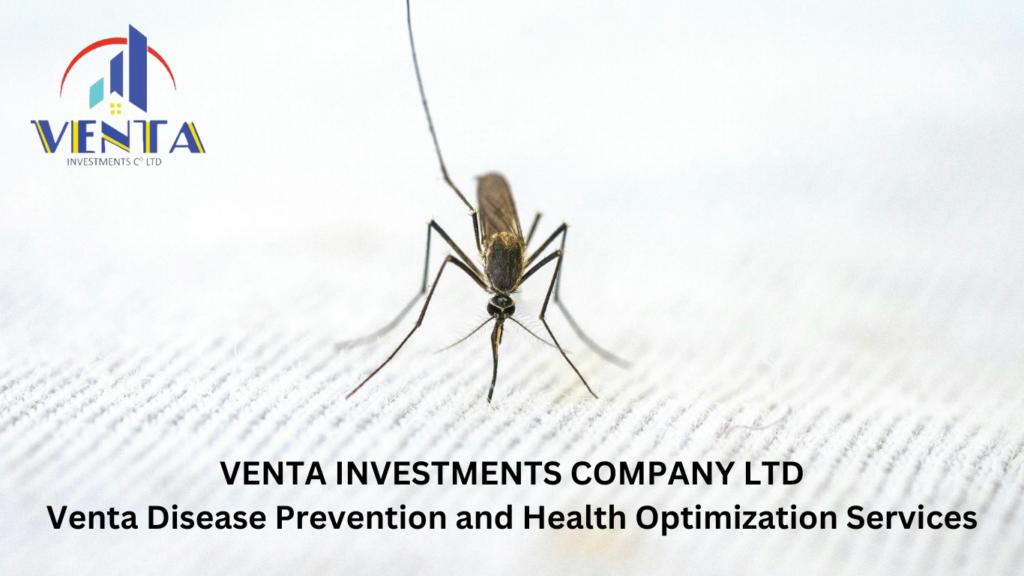
Sanitation and Malaria: why bed nets are not the solution. Long-Lasting Insecticidal bed Nets (LLINs) are effective in preventing malaria by acting as a
physical barrier between mosquitoes and humans, reducing the risk of mosquito bites while
sleeping. However, they are not a complete solution to malaria control for several reasons:
- Resistance: Over time, mosquitoes can develop resistance to insecticides used on bed nets,
making them less effective in controlling mosquito populations. - Daytime Biting: Some mosquito species that transmit malaria, like the Anopheles mosquitoes,
are active during the day and can bite people outside of the protection of bed nets. - Incomplete Coverage: Bed nets may not cover everyone in a community, especially if not
enough nets are distributed or if people do not use them consistently or correctly. - Behavioral Factors: Human behavior, such as not using bed nets consistently or not repairing
damaged nets can reduce their effectiveness. - Seasonal Migrations: In some regions, populations may move seasonally, and access to bed
nets may be limited during these movements, increasing the risk of malaria transmission. - Other Prevention Measures: While bed nets are important, they should be part of a
comprehensive malaria control strategy that includes measures like indoor residual spraying,
antimalarial drugs, environmental management to reduce mosquito breeding sites, and
community education on malaria prevention and treatment. - Climate Change: Changes in climate patterns can affect mosquito breeding habits and malaria
transmission, potentially impacting the effectiveness of bed nets in certain areas.
For these reasons, while bed nets play a crucial role in malaria prevention, they are not a
standalone solution and should be integrated into broader public health efforts to control and
eliminate malaria. - https://ventainvestments.com/2024/02/13/cleaning-waste-management-and-environmental-conservation-building-sustainable-communities/
Furthermore, Long-Lasting Insecticidal bed Nets (LLINs) are part of a reactionary strategy which
is less effective than the proactive strategy of prevention through sanitation. Sanitation of the
environment proves to be the ultimate solution to malaria and other endemic diseases.
Sanitation has numerous pros and cons depending on various factors like the type of sanitation
system, implementation, and environmental context. Here are some general points:

Pros:
- Public Health: Sanitation prevents the spread of diseases by treating wastewater and
managing waste disposal, reducing the risk of waterborne illnesses like cholera and typhoid. - Environmental Protection: Proper sanitation practices protect ecosystems by preventing
contamination of water bodies and soil with harmful pathogens and chemicals. - Improved Quality of Life: Access to sanitation facilities improves overall well-being, dignity,
and quality of life by providing a safe and hygienic environment. - Economic Benefits: Investing in sanitation infrastructure and services can lead to economic
growth through improved productivity reduced healthcare costs, and tourism development in
clean areas. - Social Equity: Ensuring equitable access to sanitation facilities promotes social inclusion and
reduces disparities in health outcomes between different socioeconomic groups.
Cons:
- Cost: Implementing and maintaining sanitation infrastructure can be expensive, especially in
rural or underserved areas with limited resources. - Environmental Impact: Improperly managed sanitation systems can lead to pollution of water
sources, soil degradation, and contribute to greenhouse gas emissions. - Infrastructure Challenges: In some regions, lack of infrastructure, technical expertise, and
funding can hinder the provision of adequate sanitation services. - Behavioral and Cultural Factors: Cultural beliefs, practices, and attitudes towards sanitation
can influence adoption and compliance with sanitation practices. - Maintenance Issues: Ensuring the ongoing functionality and sustainability of sanitation
systems require regular maintenance, which can be challenging in some contexts
Overall, while sanitation offers significant benefits for public health, the environment, and socio
economic development, addressing its challenges requires a comprehensive approach that
considers technical, financial, social, and cultural factors.
In conclusion, we strongly advise leaders, social workers, and the general public to appeal to
professionals in sanitation that will guarantee the permanent elimination of mosquitoes and other
disease vectors in their environment. This is for better health at a lower cost, fewer visits to the
hospital, and better quality of life. We commit to serve them well
You might Be interested in This;
https://ventainvestments.com/2024/03/13/enhancing-quality-of-life-through-thoughtful-landscaping-a-comprehensive-guide/